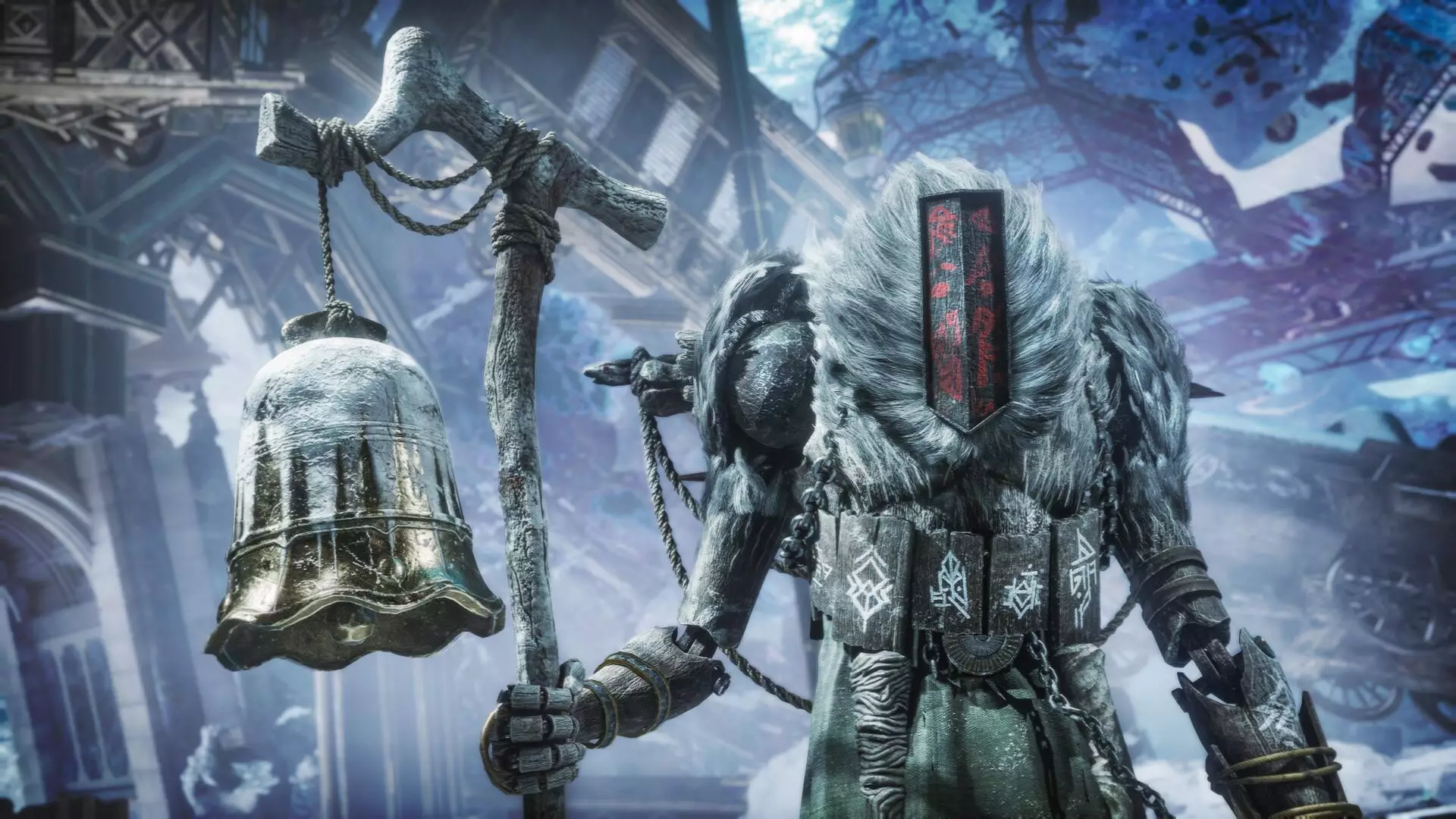The intricacies of voice dubbing can often lead to unexpected hurdles, and the English voice cast of “Clair Obscur: Expedition 33” provides a humorous glimpse into this world. During their recording sessions, the actors faced an uphill battle when pronouncing French terms, a challenge that can resonate with anyone who’s had to navigate a foreign language. According to actor Ben Starr, the solution seemed simple: opt for the original French voice acting. This fun anecdote shines a light on the intricacies of linguistic accuracy and cultural appreciation in video game localization.
As amusing as it sounds, the struggles faced by Starr and his colleagues are more than just comedic moments. They reflect a deeper understanding and respect for the original language’s nuances. In a memorable comparison, Jennifer English likened their attempts to the iconic scene in “Friends” where Phoebe attempts to teach Joey French, illuminating the universal awkwardness that often accompanies language learning. This awareness creates an authentic atmosphere of camaraderie among the cast as they embrace the complications that arise from learning a new language for the sake of their craft.
The Role of Coaching in Voice Acting
What makes the voice acting process particularly fascinating is the role of coaching. Game director Broche Guillaume becomes a crucial figure in guiding the cast through the pronunciation labyrinth. Starr’s reliance on Guillaume’s expertise emphasizes the importance of collaboration in creating an authentic experience. Furthermore, this interaction enriches the overall recording atmosphere, showcasing not just a dynamic exchange of words but also cultural sensitivity.
Guillaume’s enthusiasm for teaching French phrases like “merde” and “putain” reflects a wider trend in the industry: the significance of cultural integration in voice acting. This educational aspect sparks joy and creates a collaborative environment where actors are not only performers but also eager learners. The humorous attempts to roll their Rs serve as a reminder that voice acting is as much about personality and charm as it is about vocal accuracy.
The Audience and Cultural Authenticity
As the conversation drifts back to the audience, it’s evident that gamers have come to expect a high level of cultural authenticity. The sentiment expressed by Starr—that you can simply opt for the “amazing French cast” if you’re dissatisfied with their English versions—demonstrates an evolving audience that values genuine cultural representation.
In a world where gaming continues to transcend geographical boundaries, it’s imperative that creators recognize the pulse of their audience and adjust course accordingly. The playful banter surrounding their voice acting challenges serves to enhance their connection with fans, inviting listeners to join in on the journey rather than merely consume it.
The Laughter that Unites
Ultimately, the behind-the-scenes anecdotes do more than entertain; they delineate a shared human experience rooted in laughter and collaboration. The blunders in pronunciation and the comedic interactions between the cast members not only lighten the process but also break down barriers, allowing for a more intimate connection to their audience. With each chuckle, the team solidifies the idea that, regardless of linguistic prowess, passion and effort create an infectious bond that elevates the gaming experience. This delightful chaos reveals how humor can bridge gaps, reinforcing that, while proficiency is admirable, a sense of shared journey may be far more appealing to players everywhere.

